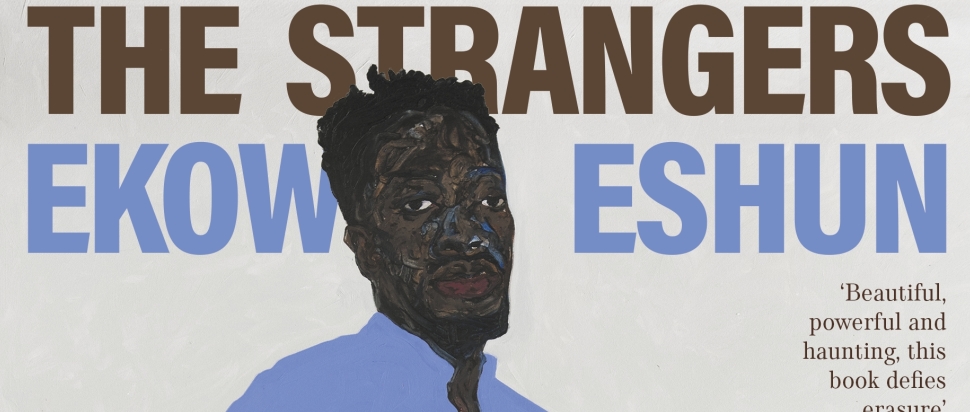The Strangers by Ekow Eshun
In this non-fiction narrative of five historical Black Men, Ekow Eshun explores the histories and contexts that formed them
Ekow Eshun’s The Strangers fixes a new meaning to non-fiction, playing with form to communicate fact. Eshun combines historical timelines, epistolic excerpts, and poetic anecdotes to accentuate the creativity and dignity of historical and political realities. His book narrates the significant non-fictional biographies of five prominent Black male figures, each chapter’s figure of focus given the spotlight to exist through the histories and stories that broadly and idiosyncratically formed them.
Like the figures that the book examines, The Strangers does not shy away from performance for survival, characterised by searing ideological criticisms presented through poignant lyricism. Instead, it gives life to narratives stereotypically attached to the violent hand played by – or imposed upon – those politically bound to a cause. The struggle must not always be perceived as violent, and the joy of generational experiences must be as celebrated as the trauma endured. Eshun demands that we not reduce identity to race, and not deem its struggle as a performance for the West. Eshun’s stylistic execution is arresting: it pays homage to the fruitfulness of life not despite but because of its structural adversities.
Eshun’s prose is crisp and articulate. He builds multi-faceted contexts that act as backdrops that feed and nourish each figure’s narrative, release them from the subtle yet constraining project of depreciation that has traditionally dehumanised Black men.
